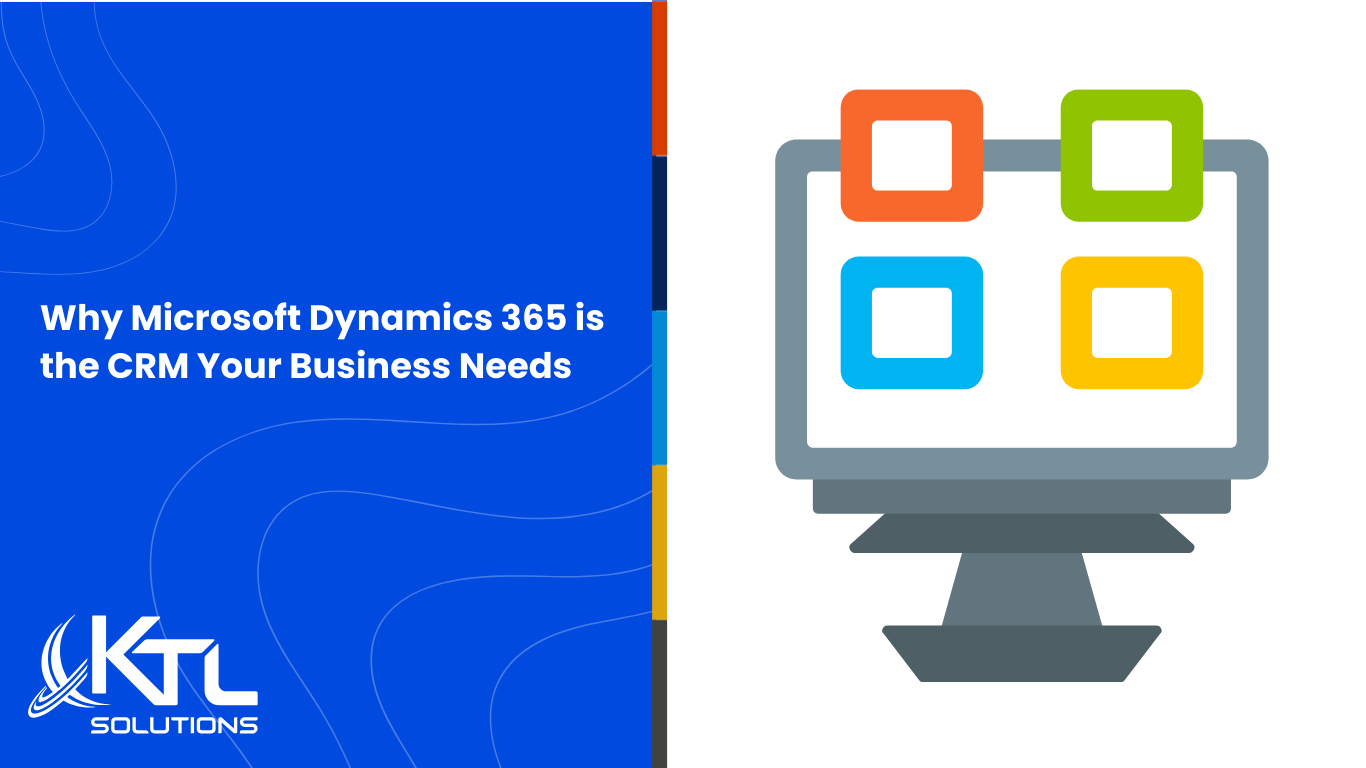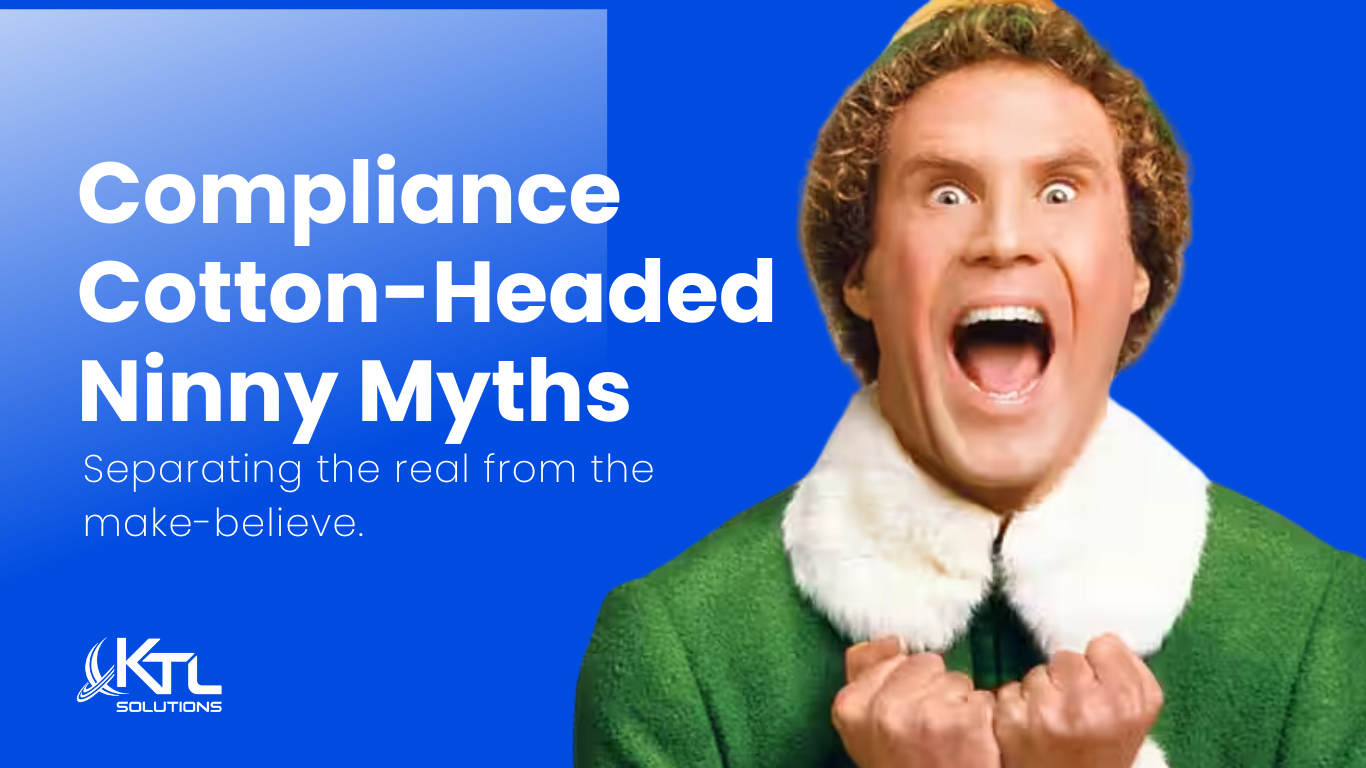I’ve had years of experience in the consultative selling world of IT, hardware, software, and professional services. My clients are located in both the private commercial sector and public sector arenas. I recently switched to selling business applications, and although most of my knowledge transferred, there have been some new twists.
Accounting software benefits businesses by providing control over areas such as invoicing, inventory, expenses, and money management. Each year more companies turn to programs like Microsoft Dynamics GP (our company’s main accounting software), to automate, and to understand their businesses better. The key in any new sales position is to distinguish yourself from your competition. Here are two key differences that I can see already:
Expecting the Software be the ‘End All’ By Itself.
Microsoft makes great products, and they have some useful marketing material to start with; however you need to take things a step further.
Think about the last time you walked into a retail establishment on a mission to buy something. Odds are you didn’t just walk in, pick up the item, pay for it, and leave. A more likely scenario is that after locating the product in question, you discovered there were several other options to choose from. At this juncture, you will spend some time reading the information on the packaging, finding a sales associate, or even getting a recommendation from a fellow shopper. You probably even went online to check the product out before even going to the store.
Purchasing a Business application software for your company is not as easy as buying a product at a retail establishment; however, you can follow certain similar steps to gain comfort. The sales consultant should assist you during the information and discovery phase of the sale cycle. During this phase the sales consultant should focus on the WOW factors to help make the customers decision easier. My prior position was more about relationships, pricing, and product comparison; now, I have to really espouse the implementation services as being key. Quite different than shaving a few points off a server deal.
Ignoring the KISS (keep it simple stupid) principle.
There’s no shortage of options for those looking to buy accounting software. The big question that needs to be answered is, “Why should anyone buy them from you?”
Managing customer relationships through this process can be a tricky business; avoid gimmicks, high pressure sales and unnecessary fluff. Today’s customer wants to hear about the services and implementation benefits, not the product features and functions that differentiate you from the competitor.
Websites should be clean and easy to navigate and say what you do, not some nebulous statements about value and strategy. The sales process should be an open and transparent process, with trust building along the way, so the “close” is merely a formality of contract terms and conditions. The promises made should be documented so that the prospect has a “no surprise” journey from initial meet and greet to the signing of the contract.
All in all, I love a new challenge and love learning, so this experience (even though still new) is great. Just like anything else, learning comes easy if you have a plan in place. A sales consultant must have goals and a clear concise plan in order to achieve these goals. If the plans for learning and achieving sales are followed, success is just around the corner.
Want to learn more about selling business applications? Need advice as a new sales associate? Contact our sales team at [email url=”info@ktlsolutions.com” class=””]info@ktlsolutions.com[/email]




































